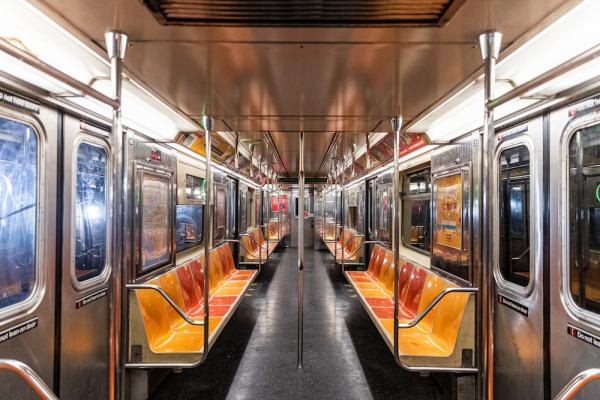All of us are living into new daily rhythms. While that alone is disorienting, we are already moving from a life of daily inconvenience to one of fear. Institutions from sports to conferences to schools have transformed overnight. Many of our children — both schoo-age and young adults — are now home with us, which requires its own adjustments. And many, many people are finding themselves abruptly and unceremoniously out of work, with uncertain prospects for future paychecks as social distancing measures continue for an unknown length of time. Amid this, we must not let fear become a way of life. We remember the words of Jesus: Love can cast out fear. Leaning into love and learning what it really means to love our neighbors in this crisis will be crucial to our collective health and survival.
Read the Full Article

